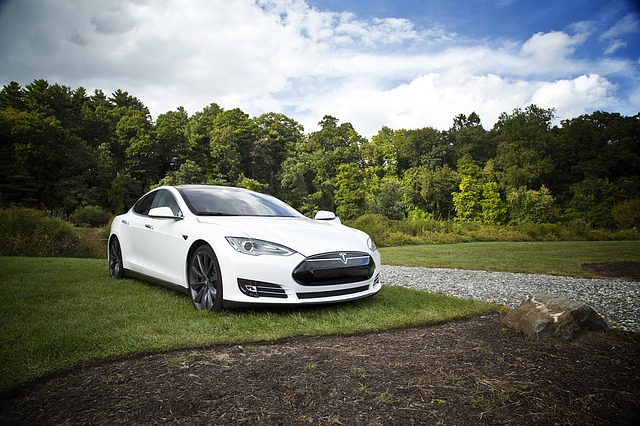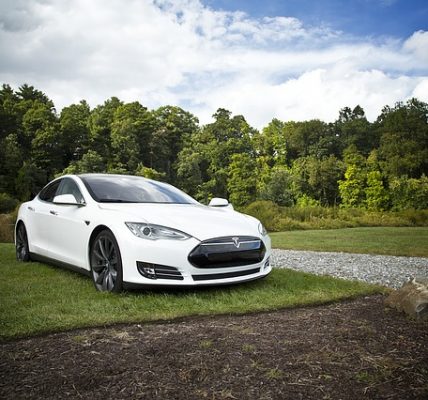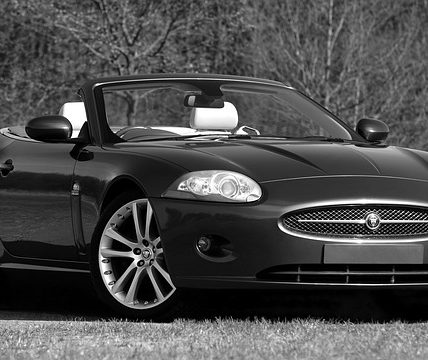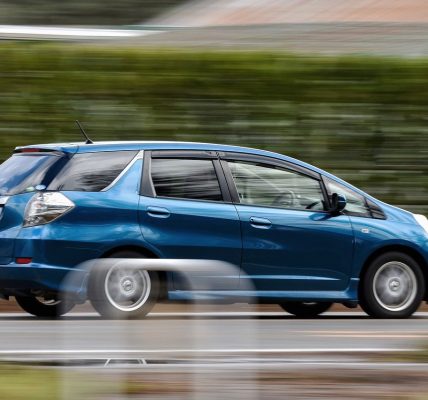
The UK government has been focusing on improving the country’s air quality in recent years, yet with the news that the city of Oxford is exceeding the legal limit for air toxins by as much as 40%, it’s clear that further action needs to be taken. There are new plans in place to ensure that there will be no sales of diesel or petrol vehicles in the UK by the year 2040, which will mean that consumers must look for greener alternatives. In the wake of these plans, the electric vehicle technology industry has gone from strength to strength, with new EV registrations reaching a record high last year and figures expected to exceed this number by the end of 2018. Automotive retailer Grange, who stock the Aston Martin Db11 and other luxury autos make some predictions for the future of the electric vehicle market:
The impact of new electric vehicle technology
As consumers become increasingly environmentally conscious, automotive manufacturers must adapt their current ranges in order to keep up with the demand. Jaguar and Land Rover are late comers to the electric vehicle market, only recently introducing their first all-electric vehicle, the Jaguar I-Pace concept. But that hasn’t stopped them from pulling out all the stops to catch up, by announcing that they plan to be all electric by 2020 – a big step into the EV industry for new comers. This news followed Volvo’s pledge to do the same but by 2019. The prestige brand promises that all new models produced and registered from 2020 will be fully electric or hybrid – and that their customers will have more choice moving forward.
It was revealed recently that Jaguar Land Rover plan to open an EV manufacturing factory in the UK. The new car plant would be similar to the Nissan factory in Sunderland and would increase the production of new electric vehicles. Whilst it is not confirmed, the plan is a big step towards the brand committing to their EV plan.
JLR aren’t the only manufacturers to do this; Volvo plan to release their first standalone electric car in 2019. In addition, Nissan has sold thousands of electric models already and show no signs of slowing down. They are the brains behind the second most popular electric model in retail, and the bestselling all electric model in the UK, the Nissan Leaf – with over 30,500 units sold in the UK, and over 300,000 units worldwide. And with the launch of its newest model, could the Leaf take the top spot. The new model has a battery mileage range that is double the range of its previous models. An issue that was apparent for all manufacturers, not just Nissan.
Nissan have been working on improving their range of electric vehicles over the years. The 2011 Nissan Leaf had a range of just 75 miles, but progress in the industry has since taken huge leaps towards its new 235 mile range – progress that could be intrinsic to the future success of the model, and for the industry. Additionally, they also fitted the first one pedal driving system – an optional system that allows you to transform the accelerator into an e-pedal to function as a start, stop, accelerate and brake pedal.
Advancements in EV technology have had a significant impact on the automotive industry as a whole. Drivers have realised the harmful effects of their petrol and diesel automobiles, and the government’s plans are underway. In addition, consumers all over the UK have been trading in their old cars for greener alternatives, so manufacturers must keep up with the demand. To survive the transition, now is the time to come up with an electric vehicle plan. For automotive manufacturers, they need to get their head in the EV game to survive the market.









![Watch Video Now on xiaohongshu.com [以色列Elevatione perfectio X美容仪 perfectio X 全新仪器黑科技了解下]](https://www.techburgeon.com/wp-content/uploads/2019/07/perfectiox-singapore-150x150.jpg)
